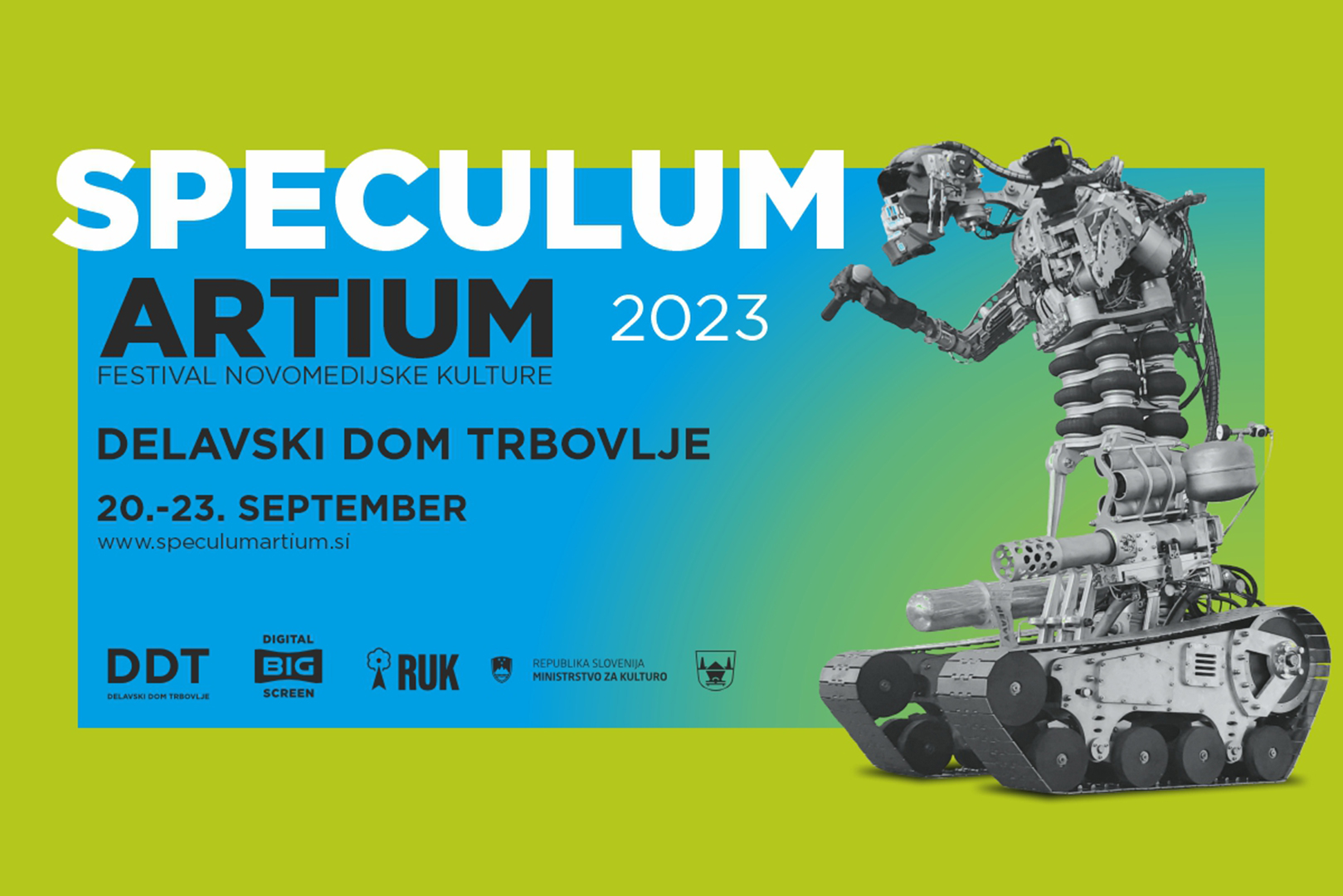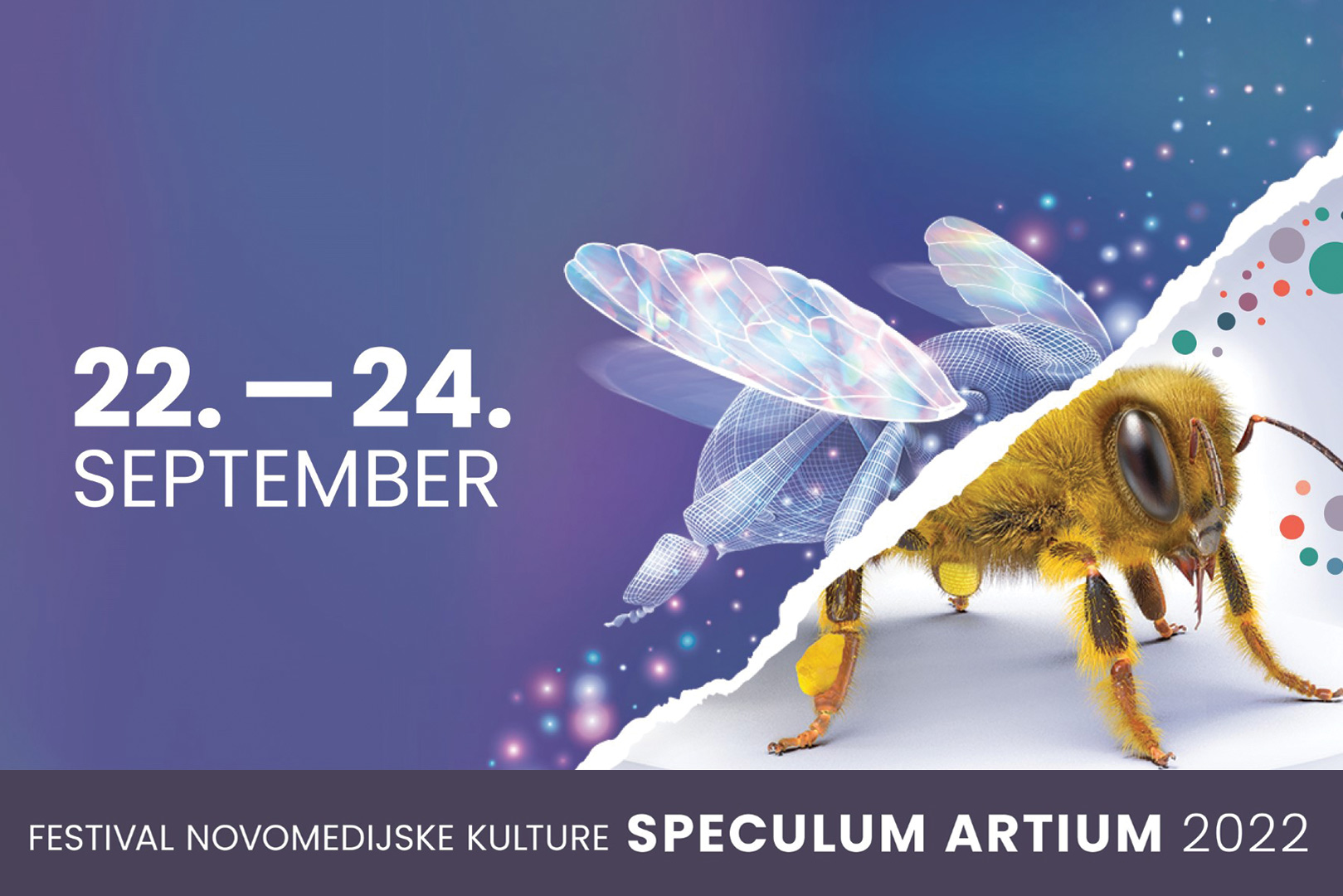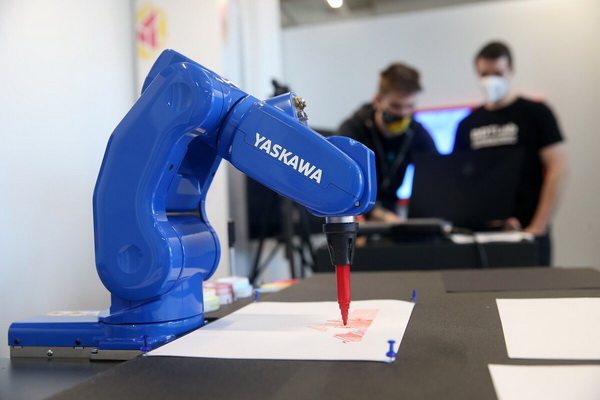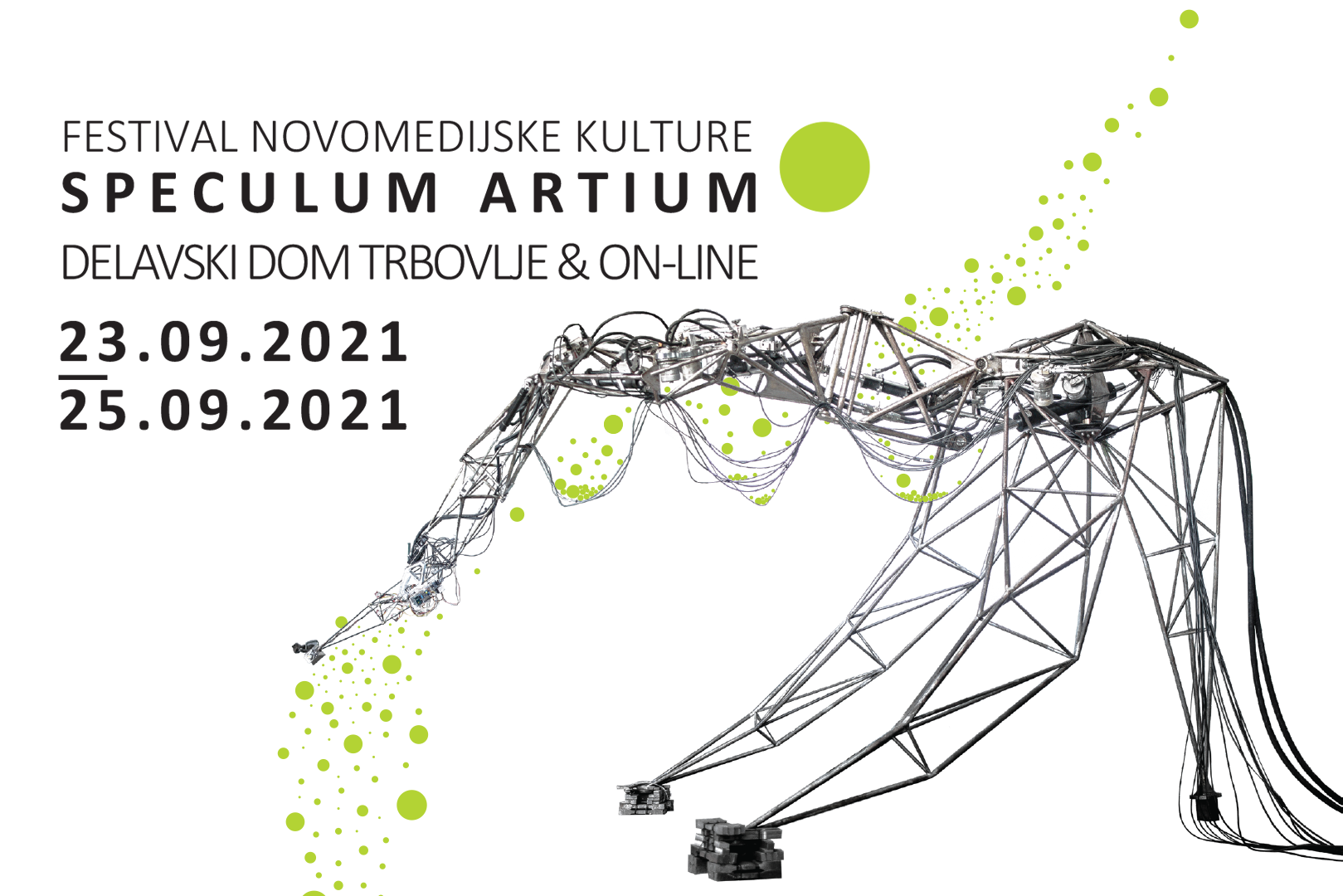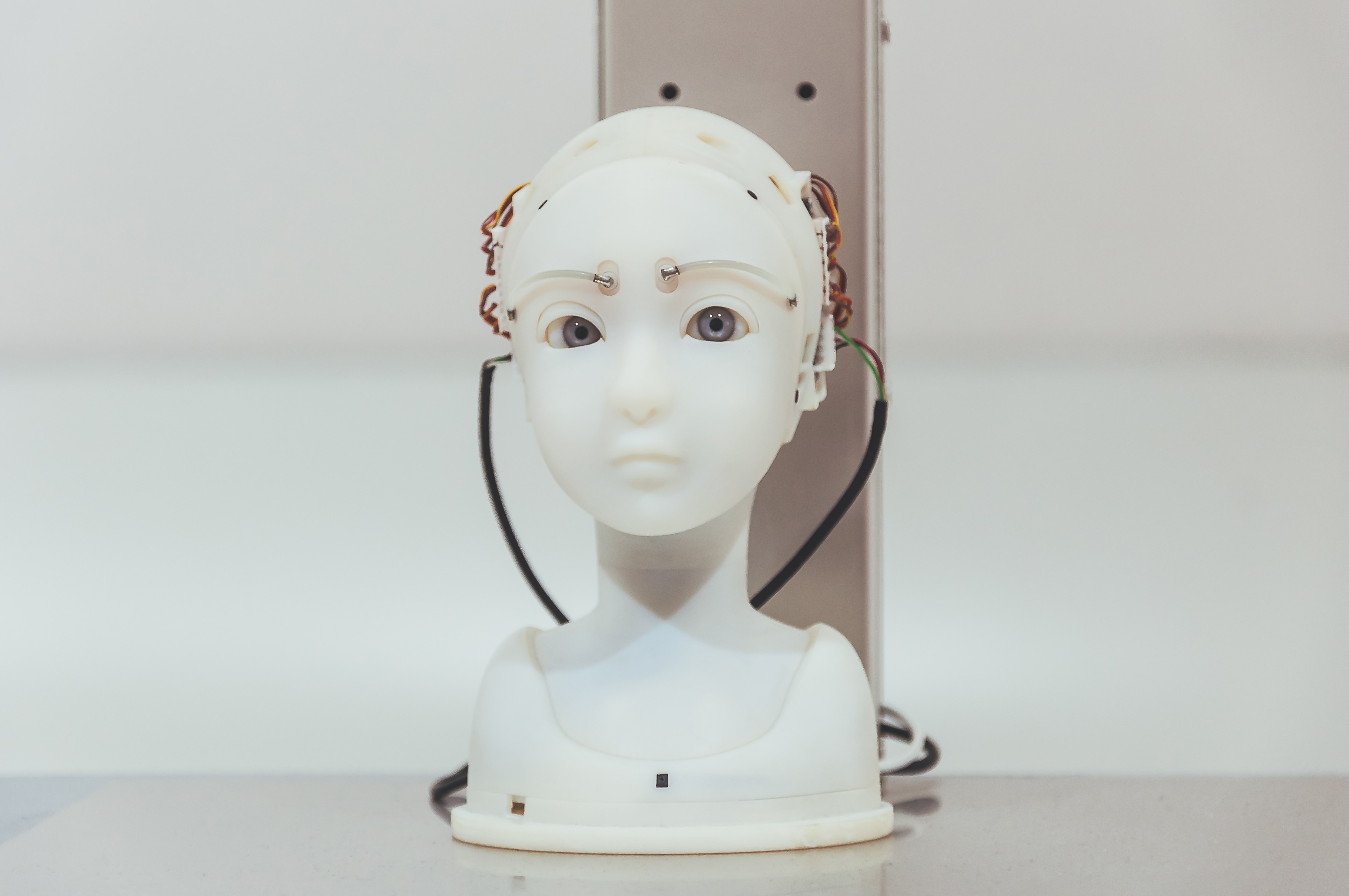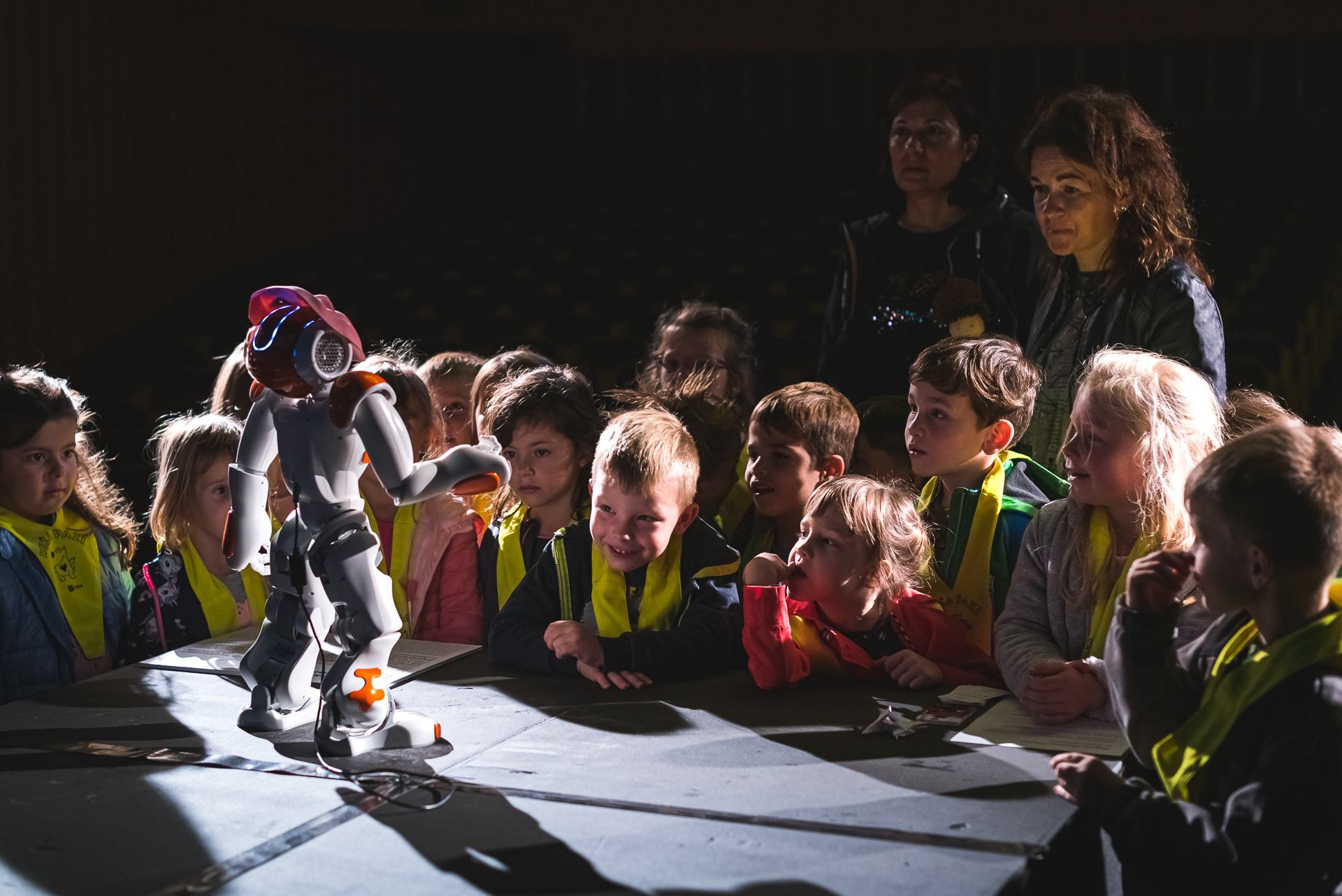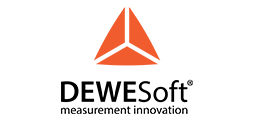The research laboratory DDTlab is a platform where projects are created which combine science, art, education, technology and economy. Together with DDTstudio, DDTlab works in the field of cybernetics, virtualization, visualization and creative robotics and enables regional, national and international connectivity.
At DDTlab, we are intensively engaged in the humanization of technologies, within the framework of which we present and develop new applications in the field of virtual (VR) and augmented reality (AR), we offer the possibility to explore the NAO robot and the Yaskawa robot arm, we present the operation and software of these robots and work with the controller for the Yaskawa robotic arms.
We provide mentoring support to individuals who are engaged in creative robotics research, as well as conduct workshops for young people. We present the content interactively, and in accordance with new teaching approaches, we meld the technical aspect of each project with a humanistic and artistic approach, which encourages the development of creativity and thinking outside the box.
The equipped DDTstudio and DDTlab offer all creative ideas the opportunity to be explored, designed and realized in one creative endeavour.
Contact us at: ddtlab@dd-trbovlje.si
Laboratory
DDTlab
04.05.2020 13:00
Projects DDTlab
Pilot projects
Recycling plastic with 3D printing
The usage of plastic over the last century has become a global problem. The purpose of the recycling machine is to manufacture products that could be re-used instead of being thrown away, and, the…
GNS Plus d.o.o. Trbovlje
Pilot projects
NeuroFly
The NeuroFly simulator is a pilot project of the DDTlab and the AFormX aviation company. The project aims to combine the VR flight simulator with a brain-computer interface, which allows the user to…
DDTlab
News and events DDTlab
Festival
20.09.2023 - 23.09.2023
Speculum Artium Festival 2023: Is art a human privilege?
Animatronic robot band. The birth of synthetic organisms. Robotic arm that controls marionettes. Sculptures designed by artificial intelligence. Machine for reciting poetry and aurora from emotions. …
Delavski dom Trbovlje
Festival
22.09.2022 - 24.09.2022
Speculum Artium Festival is Coming Soon
The fourteenth edition of the international festival of new media culture Speculum Artium will be held from 22 to 24 September 2022 in Trbovlje and will present renowned works of art created at the…
Delavski dom Trbovlje
Festival
DDTlab and the Artistic Duo Varvara&Mar at Speculum Artium 2021
The artistic duo Varvara & Mar, whose artistic research practice is based on connections, interdependencies and frictions between social change and technological progress, has developed projects in…
DDTlab
Festival
23.09.2021 - 25.09.2021
The Speculum Artium Festival is Starting Soon
The Speculum Artium festival of new media culture will take place between 23 and 25 September in Trbovlje. Trbovlje is known not only as a town with a rich mining past and a high level of technical…
Trbovlje
Festival
15.10.2020 - 17.10.2020
Closing of the Speculum Artium 2020 festival
Although very different from previous years, we are happy and grateful that in the current circumstances, the festival Speculum Artium: A Window to the World was a success! Speculum Artium 2020 is…
Delavski dom Trbovlje
Festival
15.10.2020 - 17.10.2020
Speculum Artium 2020 / Window to the World
Speculum Artium 2020 / Window to the World 15—17 October Delavski dom Trbovlje LINK TO THE PROGRAM. LINK TO THE ONLINE STREAMS. LINK TO THE INTRODUCTION OF THE PROJECTS AND ARTISTS. At a time when…
Trbovlje
Festival
04.05.2020
Festival Speculum Artium
Modern art has ended up in a grid of partial knowledge and interests, an uncompromising dictate of the post-capitalistic mindset and capital. Somehow, it has slipped away from the hold of poets –…
Festival
10.10.2019 - 19.10.2019
Festival Speculum Artium 2019
The 11th edition of the Speculum Artium Festival "Virtual consciousness" was about experimentation between traditional and new media art, virtual reality, and even more advanced technologies, which…
Delavski dom Trbovlje




